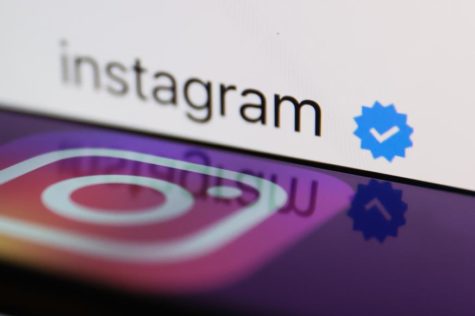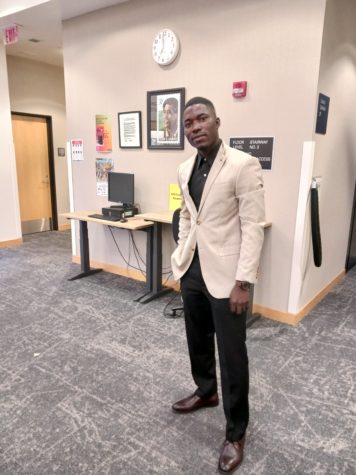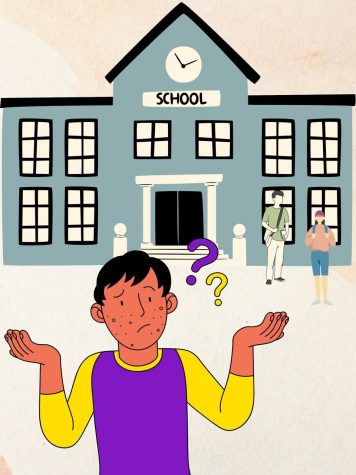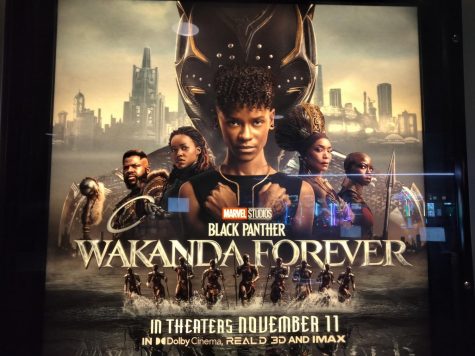Opinion: FBI withdraws from court battle with Apple
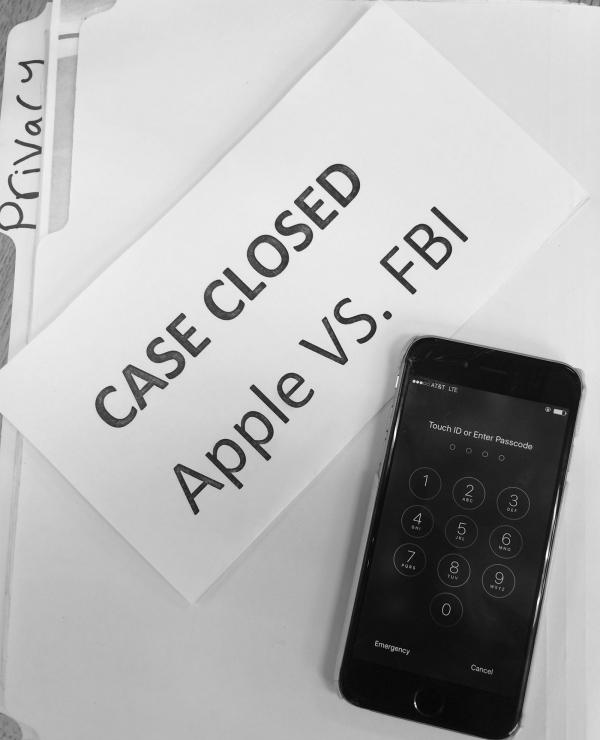
May 9, 2016
Abrupt end to quest for backdoor into iPhones
By David Xaviel
Times Staff
In an abrupt end to the courtroom standoff between the FBI and Apple, Inc. over the creation of a backdoor into iPhones, the FBI has stated that hacking assistance was given by an unidentified third party and that the assistance of Apple is no longer needed. The FBI wanted a court order to compel the company based in Silicon Valley to create a backdoor into its mobile device so that the agency could retrieve data from the phone of Syed Farook, who was behind the terrorist shootings in San Bernardino last December.
It seems highly questionable that the FBI did not find hacking assistance from an outside party sooner than it has. The Department of Justice has said, “it remains a priority for the government to ensure that law enforcement can obtain crucial digital information to protect national security and public safety,” and, “either with cooperation from relevant parties or through the court system.”
Apple believes that this case should never have been brought, stating, “this case raised issues which deserve a national conversation about our civil liberties, and our collective security and privacy.”
Students at San Jose City College have voiced their take that the Silicon Valley company was right to protect their products and to be concerned about the FBI’s requests.
EMT major, Dennis Hoang, 27, said that he is not a big fan of the FBI being able to hack into phones and getting Apple to do their work for them, “just because we said so,” and that people can’t expect to have privacy in what they post on the internet, said Hoang.
Communications major, Suzy Ramirez, 18, said that the FBI “should not have an open door to access” anybody and everybody’s private loggings and that the issue is bigger than Apple. She is more on the side of privacy than national security.
The reality is that hackers will continue to develop sophisticated ways of cracking the codes of encryption. It made no sense for FBI to expect Apple to create technology that could be abused by foreign governments or anonymous hackers. The FBI simply wanted Apple to be involved to shift blame, in the event of unintended consequences from hacking into phones.
By seeking the assistance of a third party, the onus of accountability is now solely on bureaucrats and the politicians that appointed them, whereas, the public does not elect CEOs and management of private businesses.
At the end of the day, the bureaucrats are subject to public discourse and criticism. So, while we live in a digital age where it is difficult to remain anonymous or maintain our privacy, we should still strive for honest and fair discourse about the implications, questions and concerns about privacy.

